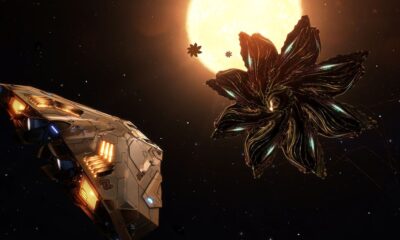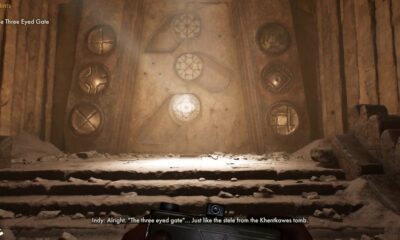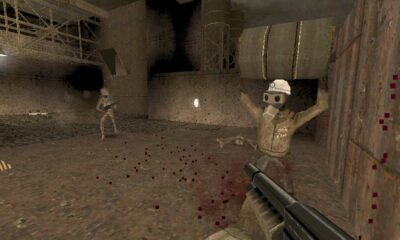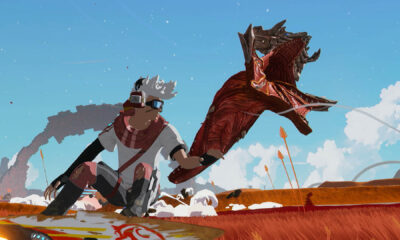Gaming
20 years on and ahead of the Switch 2, The Minish Cap is a great reminder that The Legend of Zelda doesn’t always have to be about the same things
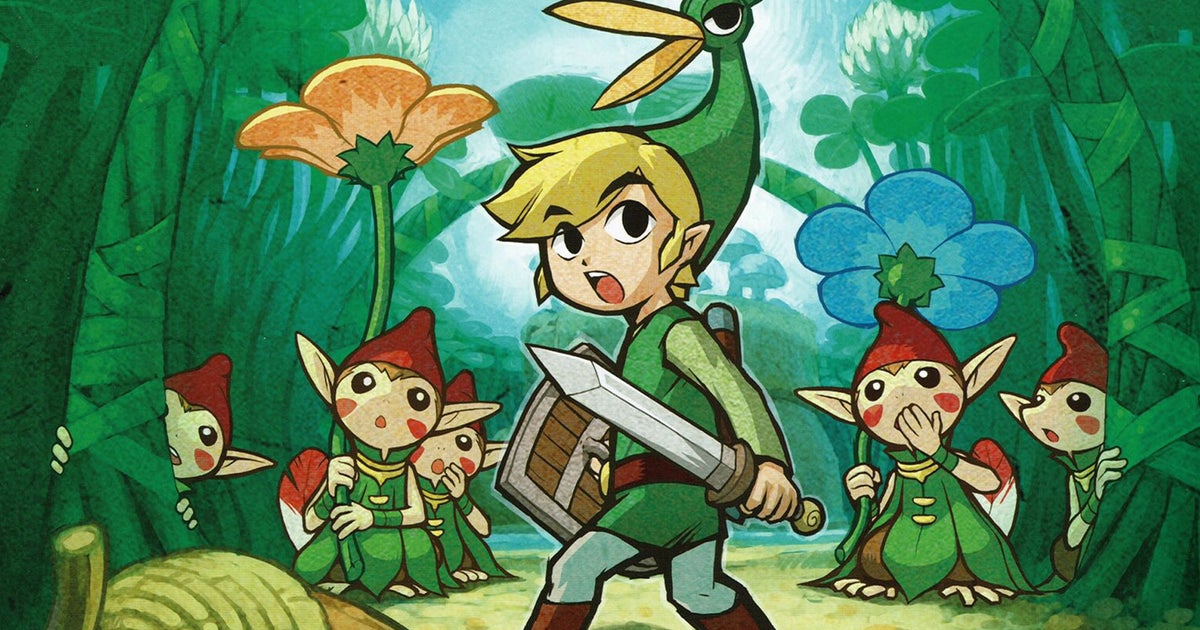
It’s a bit unsettling to realize that games from my childhood are hitting 20-year anniversaries, like The Legend of Zelda: The Minish Cap. Time marches on, and as we reflect on this classic Game Boy Advance title, we can also look forward to what the future holds with a new Nintendo console on the horizon. There are valuable lessons that the developers could learn from one of the best Zelda games in the series.
Despite its delightful nature, The Minish Cap didn’t reach as many players as it deserved. It’s actually the third worst-selling Zelda game, which is surprising considering its quality. Released just before the Nintendo DS launch, it faced tough competition from newer titles like Nintendogs.
Despite its low sales, The Minish Cap remains a hidden gem in the Zelda series. It deviates from the usual formula by omitting Ganondorf and The Master Sword, offering a refreshing and unique experience. The introduction of The Four Sword and the story of the Minish add depth to the gameplay, creating a sense of scale and wonder.
The game’s mechanics are intricately tied to the storytelling, making it stand out even among other Zelda titles. Its quirky nature, perhaps influenced by being developed by Capcom, sets it apart in a memorable way. This raises the question of whether Nintendo should collaborate with more developers to bring fresh perspectives to the series.
Looking ahead, there is potential for more experimental titles like The Minish Cap on future Nintendo consoles. Embracing creativity and innovation could lead to exciting new entries in the Zelda franchise. Let’s hope to see more unconventional and captivating games like this in the future.
-

 Destination3 months ago
Destination3 months agoSingapore Airlines CEO set to join board of Air India, BA News, BA
-

 Tech News7 months ago
Tech News7 months agoBangladeshi police agents accused of selling citizens’ personal information on Telegram
-

 Motivation6 months ago
Motivation6 months agoThe Top 20 Motivational Instagram Accounts to Follow (2024)
-

 Guides & Tips5 months ago
Guides & Tips5 months agoHave Unlimited Korean Food at MANY Unlimited Topokki!
-

 Guides & Tips5 months ago
Guides & Tips5 months agoSatisfy Your Meat and BBQ Cravings While in Texas
-
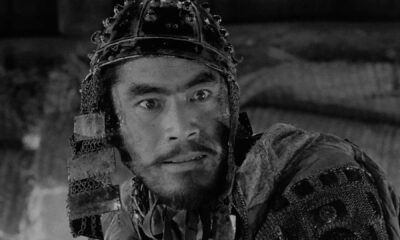
 Gaming4 months ago
Gaming4 months agoThe Criterion Collection announces November 2024 releases, Seven Samurai 4K and more
-

 Self Development7 months ago
Self Development7 months agoDon’t Waste Your Time in Anger, Regrets, Worries and Grudges
-

 Toys6 months ago
Toys6 months ago15 of the Best Trike & Tricycles Mums Recommend

